Is It Better to Save Money or to Invest
Many of us think that saving and investing are the same. The truth is that they aren’t. They are two related strategies for achieving financial security.
We are going to tell you the difference between the two and which one should you choose for your financial journey.
Saving Money
American author Napolean Hill once said that the saving habit is the foundation of all financial success. Saving money is the process of putting your cash in extremely safe accounts or instruments that can be accessed in a very short amount of time.
Since the future is uncertain, it is important for you to save for unexpected events or emergencies. Without savings, unexpected events can become large financial burdens.
How Much Should You Save?
To be completely prepared for emergencies, you should have at least six months of your expenses in your emergency fund. But this number is changing these days.
Considering the rise in inflation, you can consider saving up to 12 months’ expenses. If you are spending ₹25,000 every month, your emergency fund should have anywhere between ₹1,50,000 to ₹3,00,000 in it. This will help you be completely prepared for any unexpected emergencies.
Where Should You Save?
Some savers put their money in a piggy bank or in a jar. For a small amount of time, the piggy bank method may work but for the long term, you should consider putting your money in a bank savings account.
Banks offer accounts that earn interest, allowing customers to take advantage of the time value of money. Lenders also have Recurring Deposits,
where money will be deducted from your bank account periodically and you can withdraw your money after a certain period of time.
How Should You Start Saving Money?
The best way you can start saving money is by setting specific goals. You can start with just one goal and create a savings plan on how you can achieve that goal.
It could be saving enough to cover a home repair, car repair, or other unplanned expenses that you will inevitably face.
When you have reached that goal, you can set another one. When you have a specific goal in mind, it will motivate you to save a little bit every month.
Budgeting for your savings goal is important. In the beginning, you can start small by saving ₹100 every week and you can increase the amount.
Try saving about 10 to 15% of your salary every month. Once you start including how much you need to save in your monthly budget, you will be constantly reminded to save that amount.
When you are focusing on saving money, it is important to keep separate bank accounts for it. Once your salary is credited, transfer the amount you want to save to a separate account so that you will not be tempted to spend it.
The final step is to keep track of your money and see how much you have saved over time. This will encourage you to continue saving and not stray away from your goals.
Also, if you want to learn how to motivate yourself to save more every month, please read this article, as it will help you become better at your savings journey.
Investing Money
In a broader sense, investing is putting your money to work for a period of time in instruments to generate positive returns.
In the most straightforward sense, investing works when you buy an asset at a low price and sell it at a higher price. This kind of return on your investment is called capital gain.
What Are The Basic Types Of Investments?
Stocks – When you buy shares of stock, you get partial ownership of a company and it lets you participate in its gains and losses. Some stocks also pay dividends.
Since there are no guaranteed returns and companies may go out of business, stocks come with higher risk than some other investments.
1.Bonds
When companies need to raise capital, they borrow money from investors by issuing debt, called bonds. When you invest in bonds, you are loaning money to the issuer for a fixed period of time.
In return for your loan, the issuer will pay you a fixed rate of return and the money you initially load to the companies. Also known as fixed-income investments, bonds are generally less risky than stocks.
2.Commodities
These assets are generally the raw materials used by industry, and their prices depend on market demand.
For example, if a flood impacts the supply of wheat, the price of wheat might increase because of scarcity. You can buy commodities using futures and options contracts.
They can be relatively high-risk investments and are best suited for more experienced investors.
3. Real Estate
When you invest in real estate, you do so by buying a house, building, or a piece of land.
If you don’t want to own or manage real estate directly, you can consider buying shares of a real estate investment trust (REIT).
Real estate investments can have different levels of risk and are subject to a wide variety of factors, like economic cycles, crime rates, local government stability, and so on.
4.Mutual Funds –
When you invest in mutual funds, your money is invested in stocks, bonds, and several other instruments.
Mutual funds buy and sell a wide range of assets and are frequently actively managed. They often are trying to perform better than a benchmark index.
If you wish to learn more about mutual funds, please read our detailed blog on what mutual funds are and how they work.
How Can You Start Investing?
If you want to invest through a platform and don’t want the hassle of researching individual mutual funds or stocks, try using a Robo advisor.
Koshex is a new-age personal finance platform that is designed to help millennials and Gen Z manage their finances better and start their savings and investment journey.
The biggest advantage of using Koshex is that you don’t have to worry about choosing the right mutual fund for you.
All you need to do is enter your goals and risk tolerance, then the platform will create a hyper-personalized investment solution for you. You can choose to invest how much ever you wish to and you are all set.
Koshex will automate your payments and you can also track your expenses with us so that you don’t spend more than your limit.
We are an all-rounder personal finance platform, dedicated to making you save more and helping you achieve all your financial goals.
Head over to Koshex today and create an account with us to start your financial journey with us.
In The End…
The question you must be having right now is should you be saving your money or investing it.
Do you have enough money in your emergency fund to cover 3 to 6 months’ expenses? If not, you should save your money.
Do you have any short-term goals, which will require quick access to cash? Consider saving or investing in Smart Deposits.
Are you on track to reach your long-term goals, like retirement? If not, start investing. Are you comfortable waiting long enough to access your money to take advantage of compounding? If so, start investing.
We hope this helps you understand when you should be saving and investing.

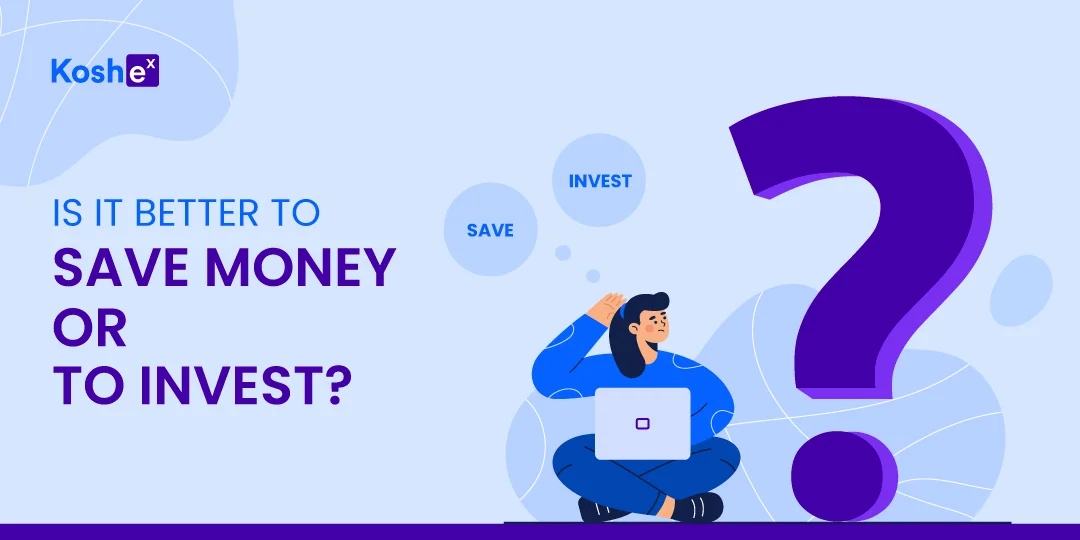
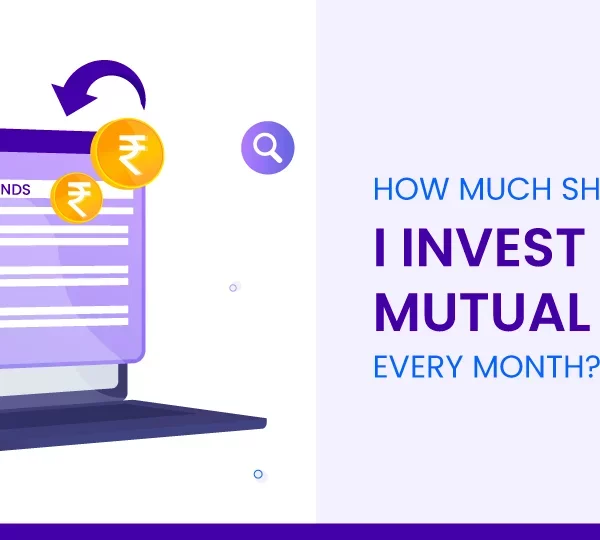

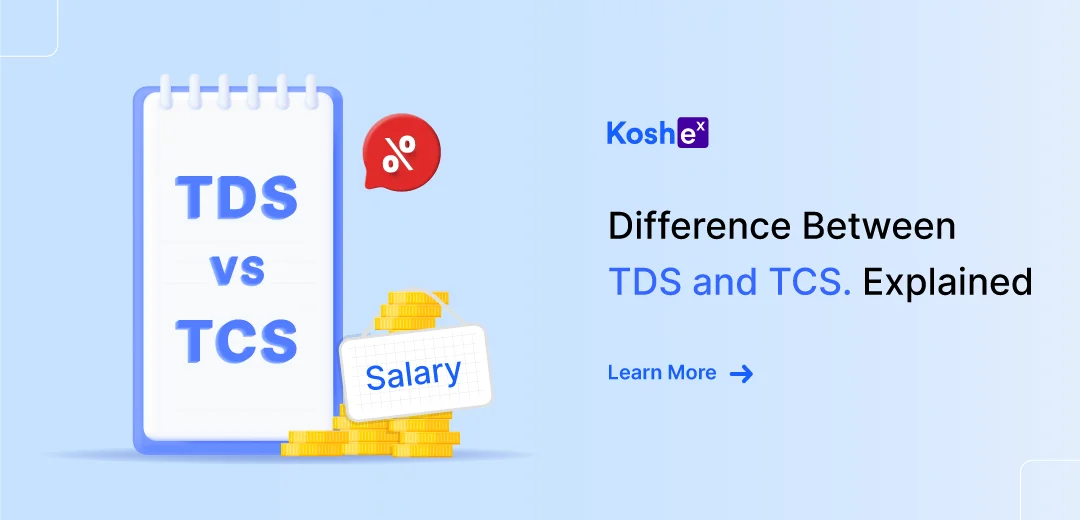
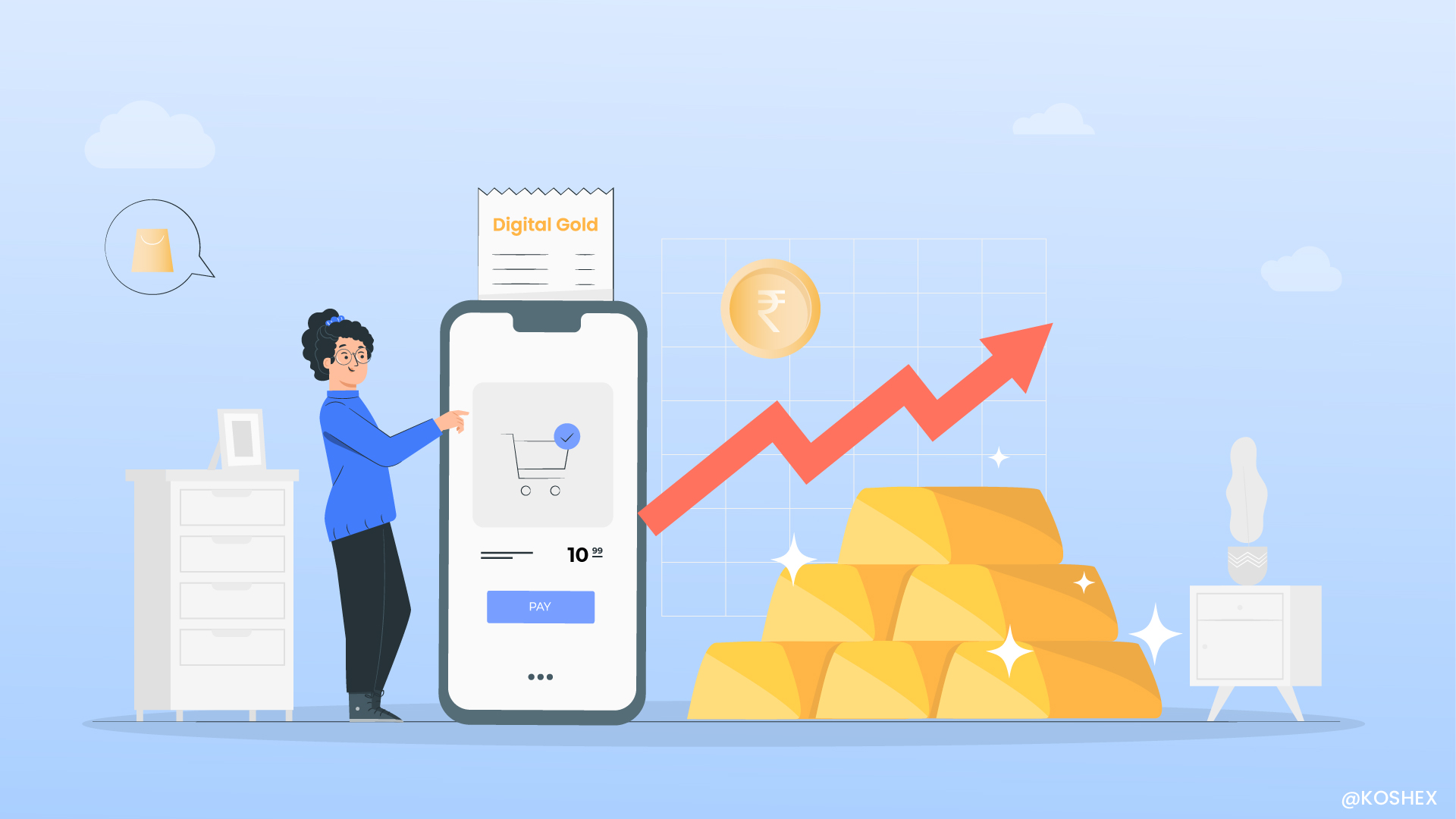
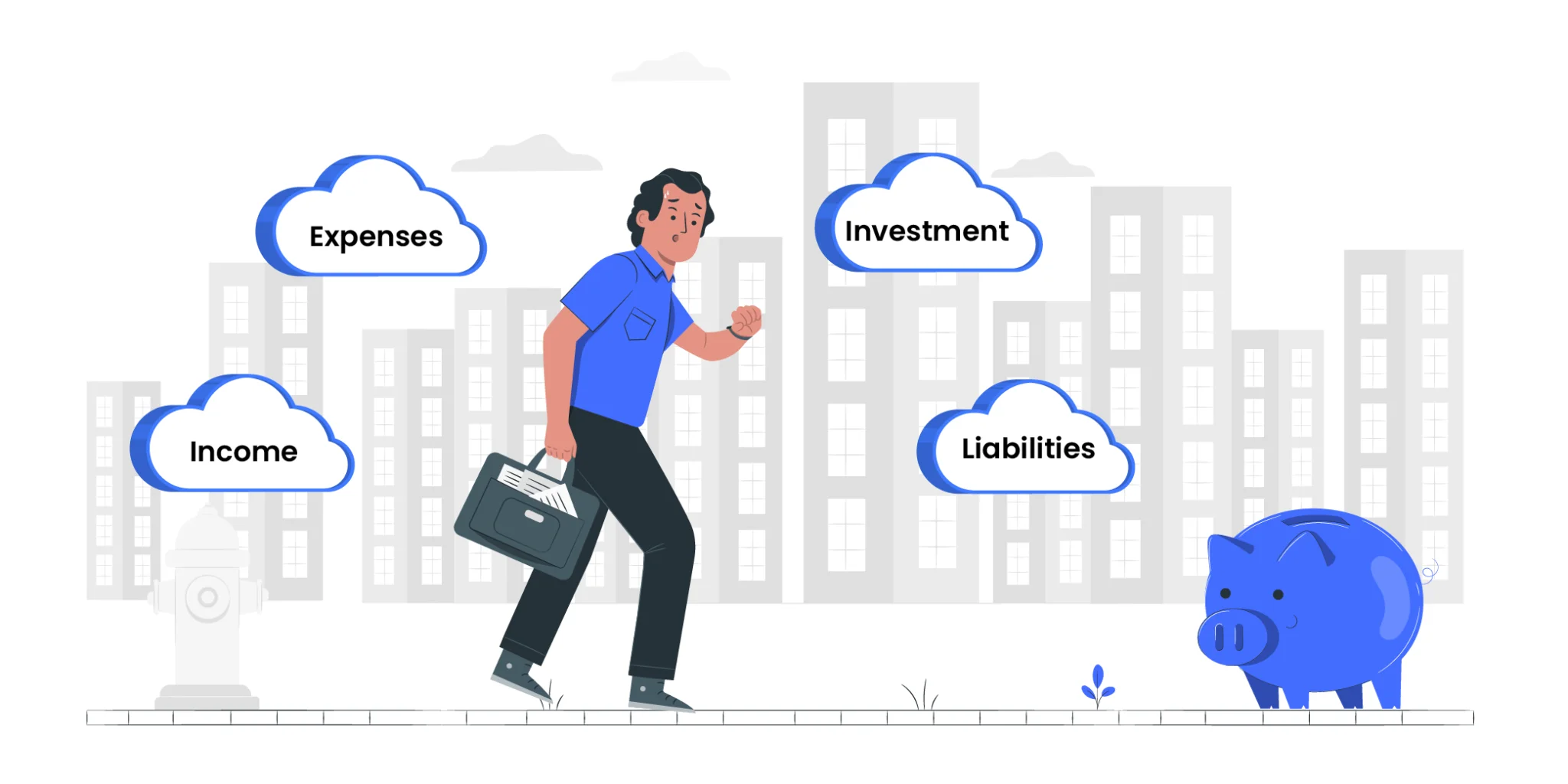


Leave a Comment